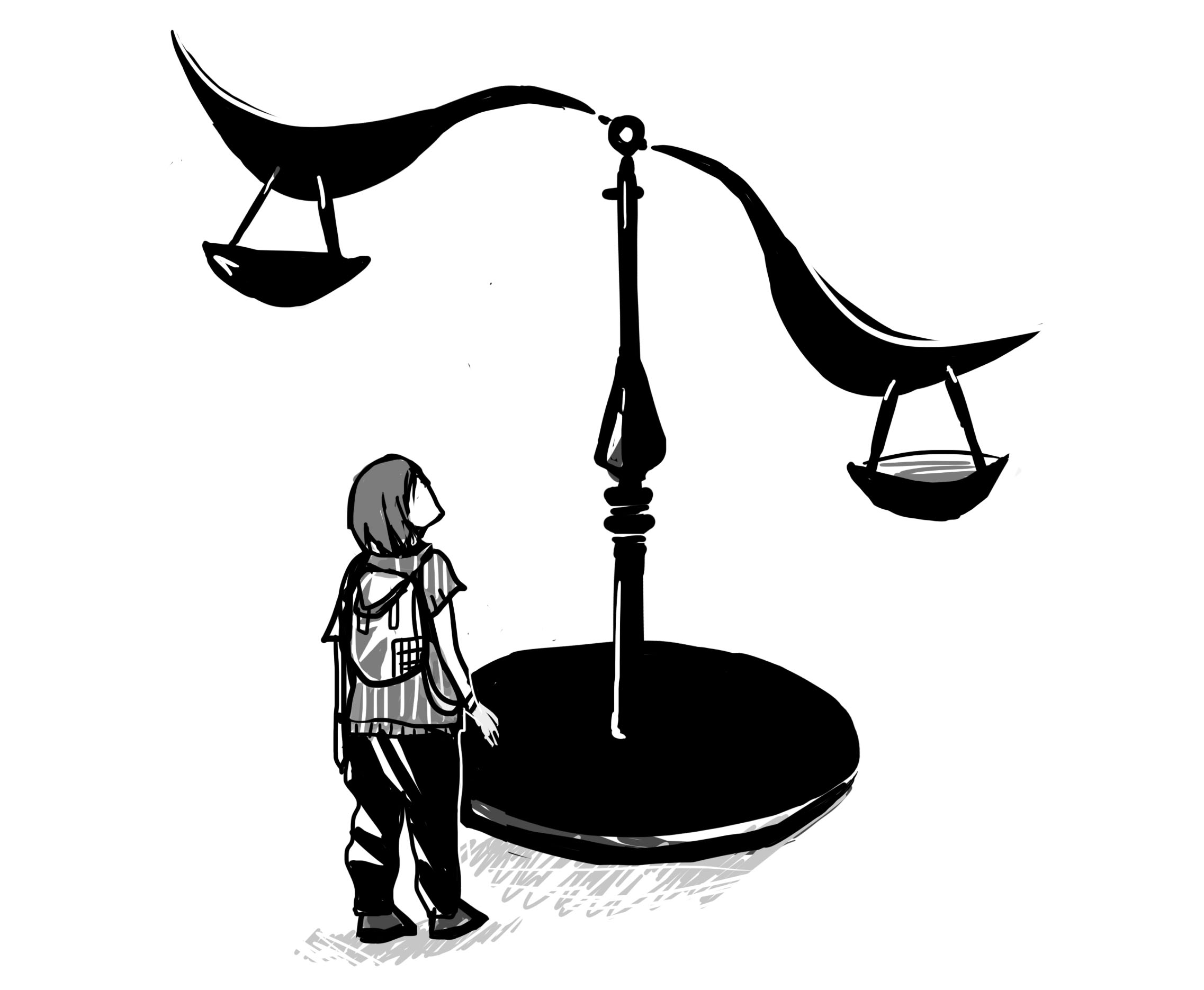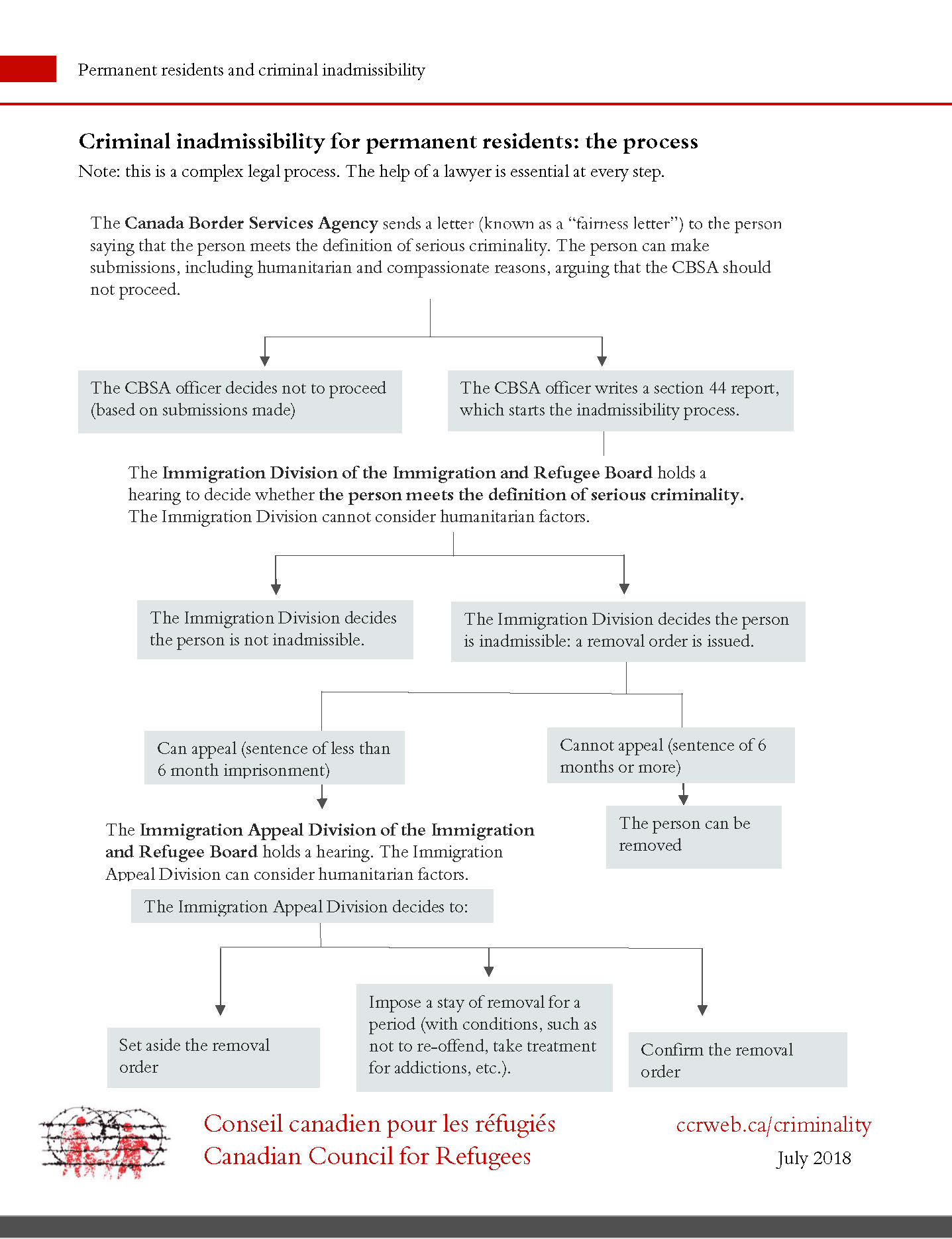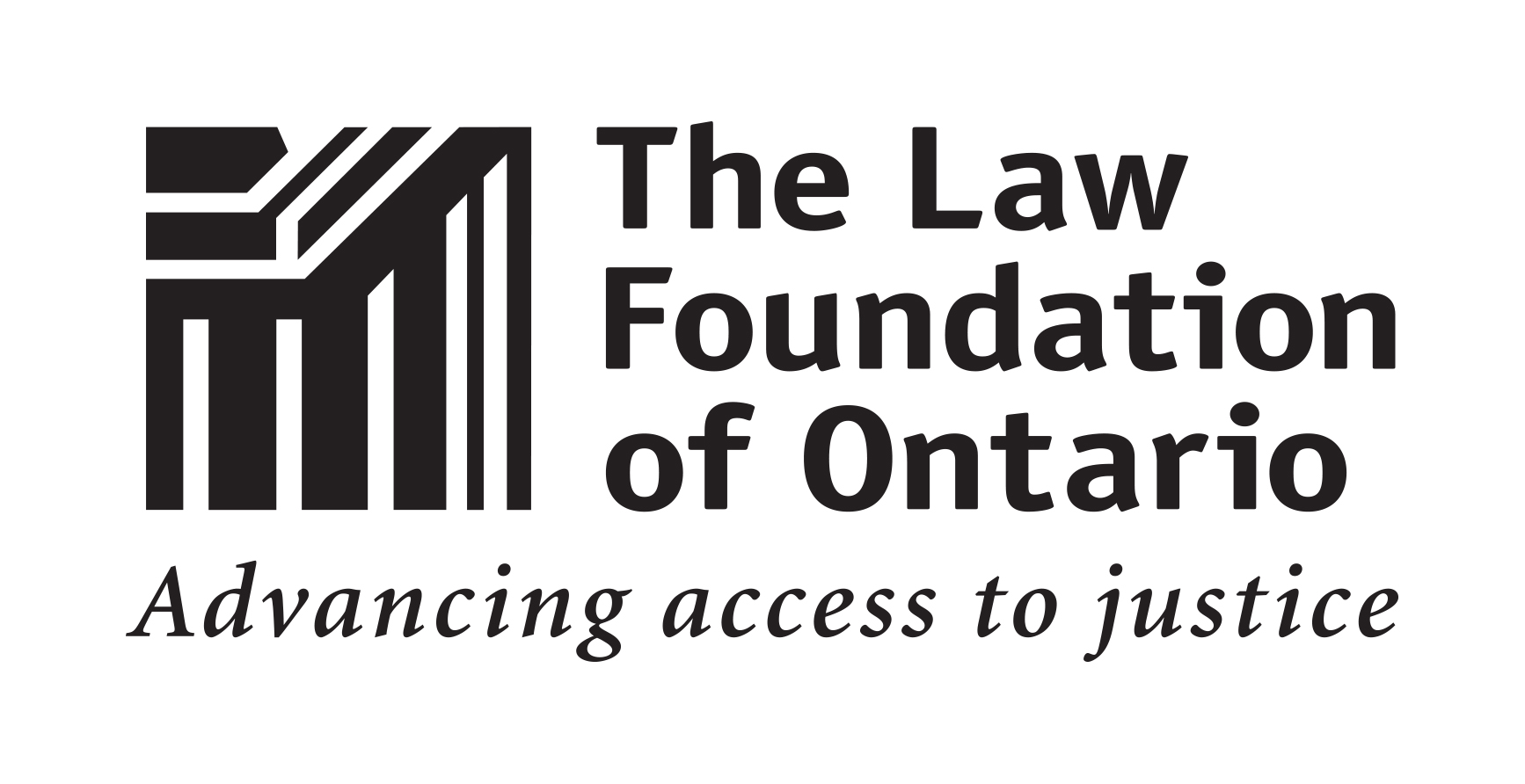Permanent residents who have committed a crime can lose their status and face deportation from Canada without any right of appeal. This resource gives very basic information on the law and how it affects people.
 Understanding criminality and loss of permanent residence
Understanding criminality and loss of permanent residence
A permanent resident loses their permanent residence status and faces deportation from Canada if they become inadmissible on grounds of serious criminality. Depending on the circumstances, even people who came to Canada as refugees may be deported.
What is “serious criminality”?
A person is inadmissible on grounds of serious criminality if one of the following applies:
- The person is convicted in Canada of a crime with a possible sentence of 10 or more years imprisonment (no matter what sentence the person actually received). Examples of such crimes: Assault with a weapon/causing bodily harm, Trafficking in cocaine, heroin; Sexual assault; Uttering a forged document/credit card offences; Break and enter; Fraud/theft over $5,000.
- The person is convicted in Canada of a crime and sentenced to more than 6 months in prison (including any credit granted for pre-sentence custody).
- The person is convicted of, or has committed a crime, outside Canada with a possible sentence of 10 or more years imprisonment, if it had been committed in Canada (see a) above).
Note: Permanent residents can also lose their status on other grounds, including various security grounds, organized criminality, international crimes or misrepresentation.
What you can do!
Encourage permanent residents to apply for citizenship as soon as they are eligible, for themselves and for their children. Recent changes to the rules make it easier for minors to become citizens even if their parents can’t. Citizens cannot be deported.
Appeal or no appeal?
As a general rule, permanent residents can appeal a decision to strip them of their status and deport them. However, permanent residence who are inadmissible on grounds of serious criminality, they have no appeal if:
- They have been sentenced in Canada to prison for 6 months or more, or
- The crime was committed outside of Canada.
Why an appeal matters
The appeal is crucial because permanent residents can raise humanitarian factors for why they should not be deported, such as:
- they came to Canada as a child and have lived most of their life in this country;
- they have young children who would be affected if their parent is deported;
- they are living with mental health issues which would be seriously worsened if they were deported.
Examples of persons barred from an appeal
- A permanent resident is convicted of a drug related offence and sentenced to one year imprisonment. Since the sentence is more than six months, he faces deportation without any opportunity to appeal the decision.
- A 19 year old permanent resident uses a fake ID to try to get into a bar in the United States. She admits this to a Canadian immigration officer. Using a false document is a crime punishable in Canada by up to 10 years imprisonment – she could therefore be inadmissible on grounds of serious criminality. Even though she was not charged or convicted in the US, she could face deportation from Canada without any opportunity to appeal the decision.
If a permanent resident is charged with a crime…
Make sure their lawyer considers the immigration consequences. Sometimes criminal lawyers give advice that may be good for a citizen, but has disastrous immigration consequences for a non-citizen.
It is also important to have an immigration lawyer who understands criminality issues. The first step in the immigration process is a letter saying that a report will be written – it is crucial to go immediately to a good lawyer in order to respond to that letter.
Front-line workers can help when someone is facing criminal inadmissibility…
- Helping people with housing / work / volunteer / community connection – this can increase chances of success of submissions on humanitarian grounds
- Helping people with rehabilitation measures – addictions treatment, mental health counseling, medical referrals/diagnosis, prescriptions, violence prevention programming, etc.


This resource is part of our Improving Access to Justice series funded by the Law Foundation of Ontario
